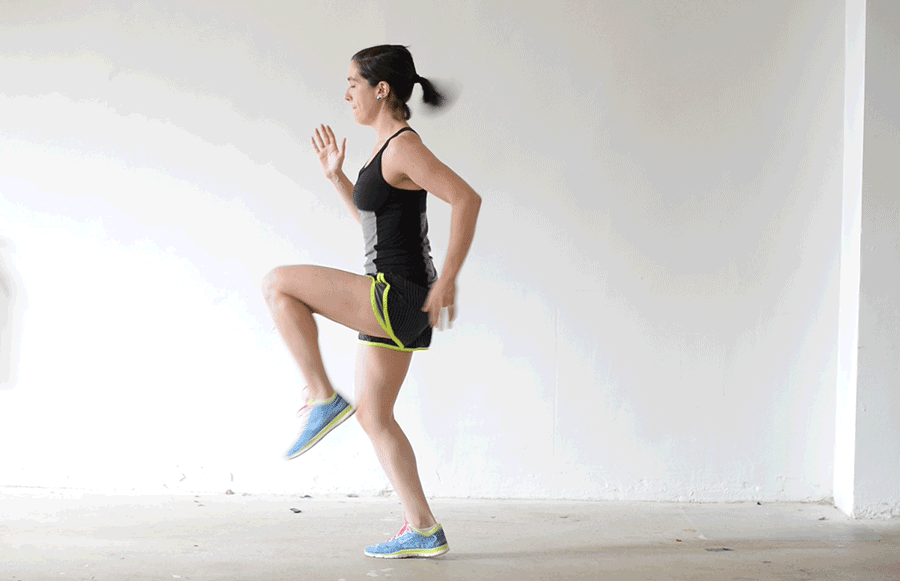What is a panic attack?
According to Medical News Today, “A panic attack is a sudden fear or anxiety and physical symptoms, based on a perceived threat rather than immediate danger.” A panic attack can happen to anyone who goes through anxiety. But, panic attacks can also happen to anyone. They may also be a symptom of panic disorder.
They are intense episodes of fear which are so powerful that they can trick you into believing that you are dying, going crazy, about to faint or losing control of yourself in some important way.
What happens during a panic attack?
SYMPTOMS
During a panic attack, you may feel like you are losing control, sweating, your hands shaking, you find yourself not clearly thinking, shortness of breath, chills or hot flashes and chest pain. There might be more than these symptoms that you experience but these are the most common ones.
WHAT HAPPENS INSIDE THE BODY
During a panic attack, your body engages its ‘fight or flight’ response, the same response it would engage if a car was coming at you from nowhere or someone was about to jump at you. Adrenaline flows through your body, putting it on high alert. The adrenaline levels can spike up to 2.5 times. Your heart rate fastens, sending more blood to your muscles. Your breathing becomes sharp and rapid so as to take in more oxygen. Your blood sugar spikes.

All these changes in your body happen very fast to give you enough time to gather the energy to get out of harm’s way.
Panic attacks may not start in an instant. Scientists have proven that people may start seeing symptoms like sweating, heavy breathing an hour before they actually experience it.
Causes of Panic Attacks
Research has shown that panic attacks may be genetically linked. If any of the family members have a history of panic attacks, their children might experience them too. Panic attacks can also be caused by the big changes one goes through in their life. A big breakup, leaving your home, getting married, death of a friend or family member, job interviews, getting ready for a child are all some instances that might lead to stress-causing panic disorder.
They can also be caused due to medical conditions so it is important to make sure that the following possibilities are ruled out:
- Medication withdrawal
- Hypoglycemia
- Mitral valve prolapse
- Hyperthyroidism
- Stimulant use like cocaine, excessive caffeine, amphetamines
Triggers that may turn into a Panic Attack
- Bright fluorescent lights
- Not getting enough sleep
- Waiting in line
- Anticipation over anything
- Too much caffeine or sugar
- Becoming overheated
- Crowded, noisy places
- Food sensitivities
Nocturnal Panic Attacks
When the brain is unable to ‘switch off’ during sleep, any pent up worries or anxieties manifest in our unconscious brain, causing a nocturnal panic attack.
Also known as ‘night terrors’, nocturnal panic attacks can happen while you are asleep and can wake you up, often with the same symptoms as the day time panic attacks. They usually only last for a few minutes, but it can take a long time to calm down to go back to sleep again.
Experiencing nocturnal panic attack along with the worry about another one can lead to insomnia.
Self-help during Panic Attacks
1. Control your breathing

Hyperventilation welcomes on numerous sensations like unsteadiness and sluggishness that happen during a fit of anxiety. Deep breathing can diminish can control the symptoms. By figuring out how to control the breathing, you can quiet yourself down when you start feeling restless.
2. Learning more
Research and implementing the learnings can go a long way when you experience a panic attack. When you know what causes it and what you can do to control it, it will be far more easier for you to relax yourself during an attack.
3. Exercise daily

Aerobic exercise like running, swimming, working out in a gym can help you improve your cardiovascular health which would help you control yourself and your breathing during a panic attack.
4. Talk to friends and family
When you are experiencing something as scary as a panic attack, rather than being isolated and staying off the grid, it is better to talk to your family or friends who can help you control the attack and relax your body.
By Suhaani Hardikar






